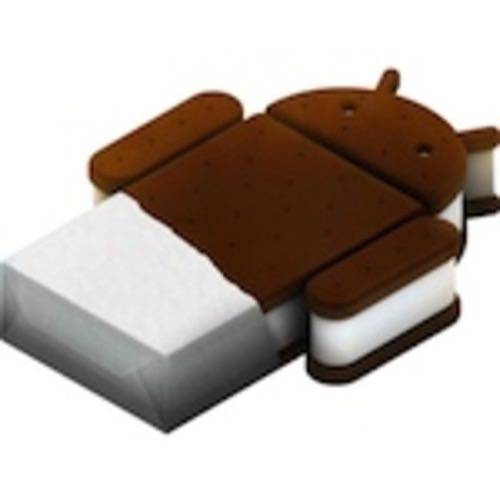The Android Ice Cream Sandwich source code for x86 systems-on-a-chip (SoC) to developers yesterday evening to give them a chance to put ICS onto devices running processors from Intel and AMD. It is not a complete release but is the first step in perhaps creating and actual market for smartphones running processors that use x86 architecture.

Intel has been floundering in the mobile space. To date, there are no significant smartphones or tablets running x86 processors (Windows 7 tablets not included because none fall into the category of “significant”). By extension, AMD suffers in this realm as well. Can Intel finally make a dent in the mobile market with Android?
If Intel and AMD are going to make a dent in mobile, it is going to be a while before it is done through Android. The ICS code released last night was only partial. Here are the capabilities according to Chi-Wei Huang in the Android forum of Google Groups:
What works:
- WiFi
- Multi-touch
- OpenGL ES hardware acceleration for the AMD Radeon chipset
What does not work:
- Sound
- Camera
- Ethernet
- Hardware acceleration for the Intel platform
WiFi will help developers actually use a device when they put Android 4.01 on it. AMD is ahead at the moment with the all-important hardware acceleration but sound and camera functions mean that there are some holes to be filled. That is a good barometer as to where the Android on x86 project currently is and there is probably several months of development before Android is fully available for x86 chips and then probably another nine to 12 months to market after that. So, perhaps there will be Android smartphones outside of Intel and AMD prototypes on the market by the middle of 2013.
It is kind of sad to say given its turbulent history, but the MeeGo/Tizen project is well ahead of Android for x86 chips. That does not mean we will see the Linux-based operating system come with products to market any time soon. Intel is doing everything it can to push into mobile by fostering development, making partnerships and trying to get a manufacturer to pick up a project, but mobile is an ARM-based world and Intel is on the outside.
Developers: does the prospect of Android on x86 excite you in even the most remote fashion? Or is the Intel Atom basically doomed to the graveyard of technology that just did not quite make it? Let us know in the comments.
Update: As noted in the comments, the Android 4.0.1 source code is not released by Google but rather Android x86 Project.









